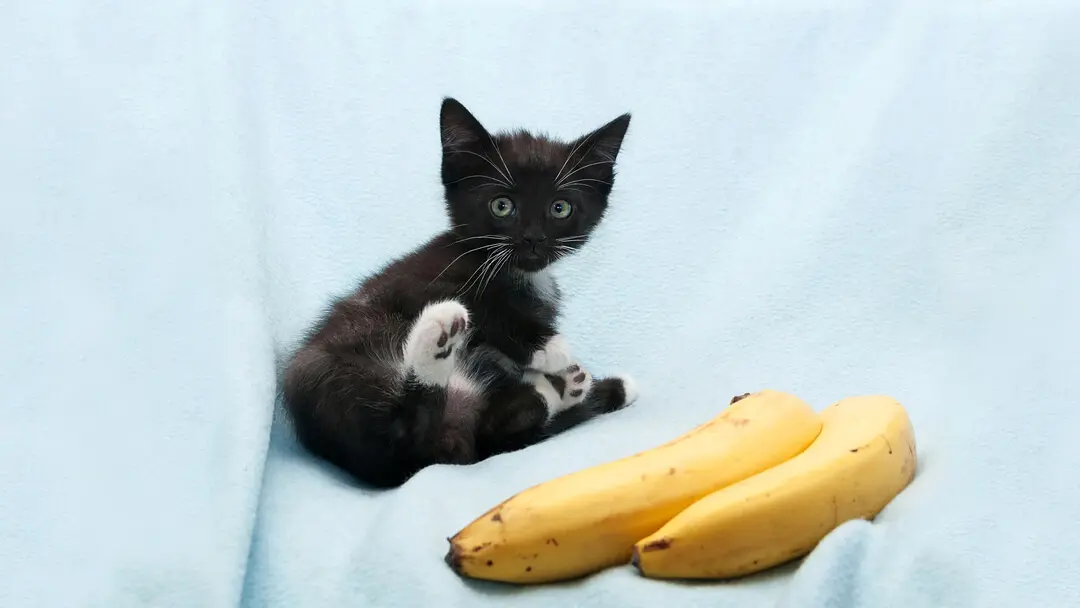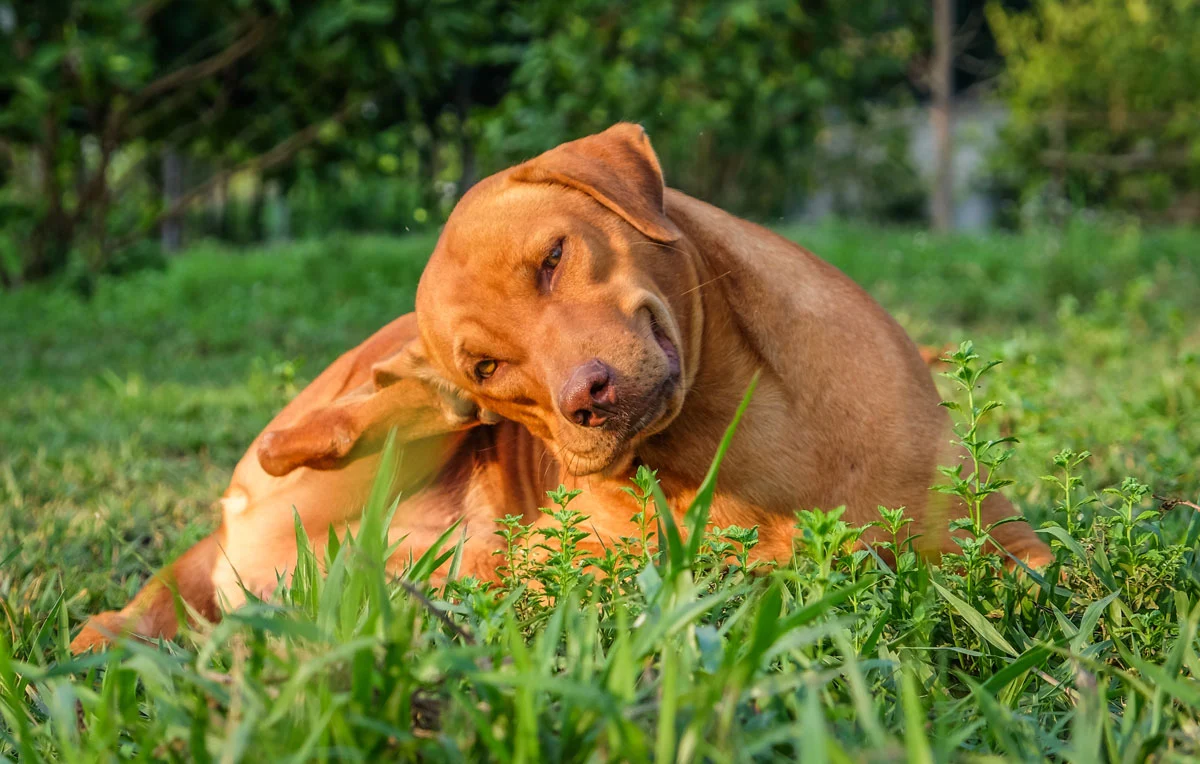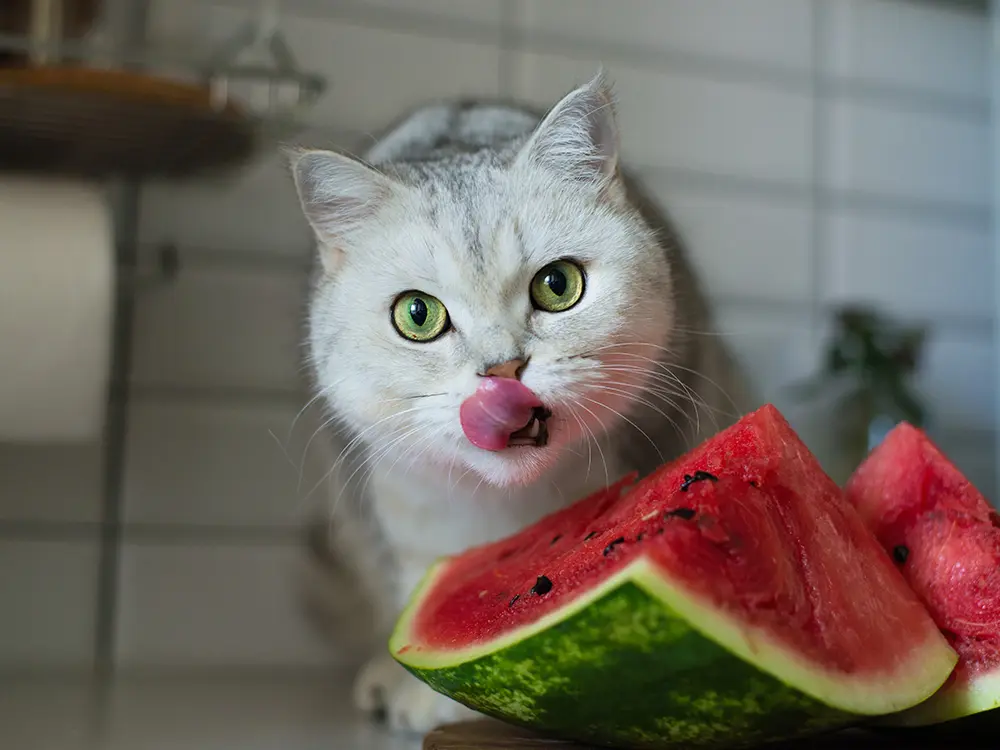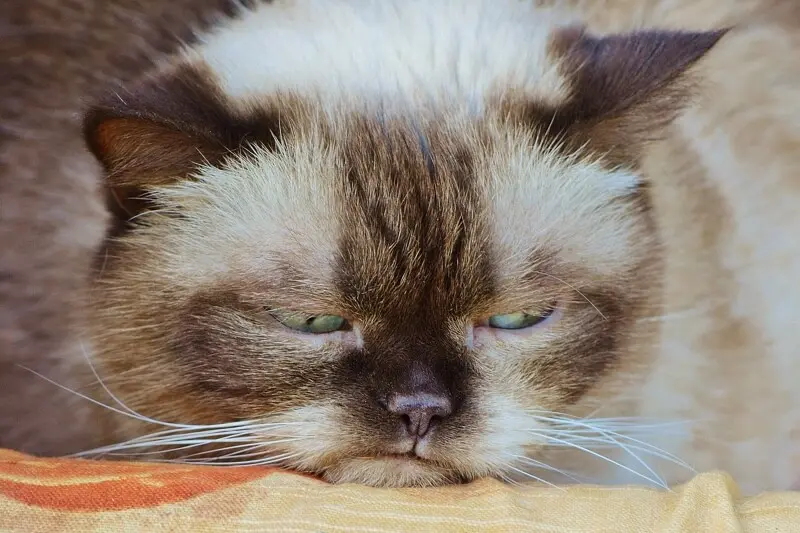
Cats are known for their selective and sometimes quirky eating habits. As responsible pet owners, it's only natural to wonder about the safety of sharing human food with our feline friends. Bananas, a popular and nutritious fruit enjoyed by many, raise questions when it comes to feline consumption. In this article, we'll explore the curious relationship between cats and bananas, shedding light on whether this tropical treat is a safe addition to your cat's diet.
The Nutritional Profile Of Bananas:
Before delving into the compatibility of bananas with cats, it's essential to understand the nutritional makeup of this fruit. Bananas are rich in essential vitamins such as potassium, vitamin C, and vitamin B6. They also contain dietary fiber and natural sugars, making them a wholesome snack for humans. But how do these components align with a cat's dietary requirements?
Cats And Dietary Needs:
Cats are obligate carnivores, meaning their diet primarily consists of meat. Unlike omnivores, such as humans, cats have unique nutritional needs that are met through a diet rich in animal proteins. While they can derive some nutrients from fruits and vegetables, these should not be the mainstay of their diet. Consequently, introducing any new food item requires careful consideration of its nutritional content.
Can Cats Eat Bananas?
The short answer is yes, cats can eat bananas in moderation. Bananas are non-toxic to cats and can be a safe occasional treat. However, it's crucial to be mindful of some caveats:
Moderation is Key: While bananas are safe for cats, they should be offered in moderation. Too much of any new food item can upset a cat's stomach and potentially lead to digestive issues.
Remove the Peel: Cats may struggle to digest the tough peel of a banana, so it's best to remove it before offering the fruit to your feline friend.
Monitor for Allergies: Just like humans, cats can have allergies to certain foods. When introducing bananas to your cat's diet, start with a small amount and monitor for any adverse reactions such as vomiting, diarrhea, or changes in behavior.
Consult Your Veterinarian: Before making any significant changes to your cat's diet, it's always wise to consult with your veterinarian. They can provide personalized advice based on your cat's health, age, and individual needs.
In conclusion, while bananas can be a safe and tasty occasional treat for your cat, it's important to exercise caution and be mindful of moderation. Understanding your cat's unique nutritional requirements and introducing new foods gradually will help ensure a happy and healthy feline companion. As always, consult with your veterinarian for guidance tailored to your cat's specific needs and circumstances.











